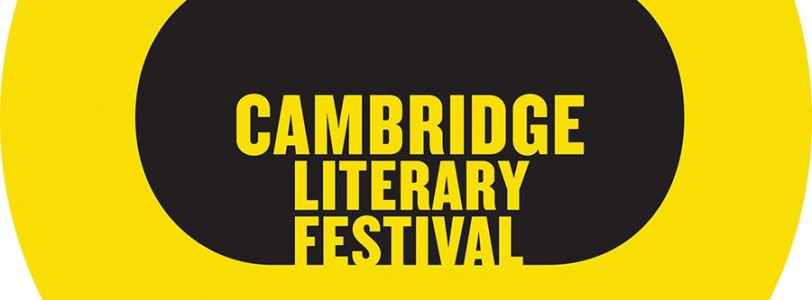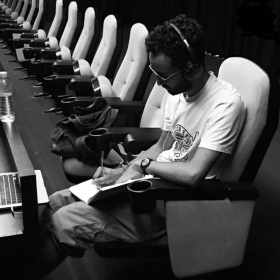One of our own reporters reviewed The Good Immigrant back in December and due to his glowing reviews and the huge popularity the book has seen, I felt compelled to come to this event.
I am so glad that I did.
Writers Darren Chetty, Coco Khan and Vera Chok all contributed to the book and held an open discussion on how the book came to be, the subjects in it and how it has been received.
It became clear that despite the title 'The Good Immigrant' is less about where the authors had physically come from - with most of the authors being British - than the colour of their skin, the way they are treated as though they don't belong and rising xenophobia in the current political climate.
The book was a project of Nikesh Shukla, crowd-funded through Twitter with publisher Unbound - and for the writers the success of the book is an illustration of how much this diverse range of voices was needed in society. Vera Chok, points out that her involvement came from wanting to diversify the list of 'black' and 'brown' writers, to specifically include an East Asian voice, and her essay 'Yellow' explores this 'skin politics' particularly concerning a group that is often left out of conversations - as she points out in the UK East Asians are classed as 'other'.
The writers all agree that there is an impetus for the creative world to lead on these discussions, to fuel more constructive explorations of race and immigration - challenging the assumptions we make and how we judge people.
The debate turns to the politics of diversity, with all of the panel having experienced being the token person of colour on a panel. They don't shy away from controversy in an attempt to challenge the norm - even examining the diversity of the literary festival itself. And nor should they shy away, as it is this courage to openly challenge and debate which has caused the book to make waves.
The book covers a wide range of topics and different voices and many of the writers confront difficult topics, with Coco Khan declaring the importance of being sex positive and open about sex, particularly as an Asian woman. Both Khan and Chok explored how as women of colour they experienced sexism as well as racism, claiming you can never escape the power dynamic.
The discussion was wide-ranging and engaging covering issues from the fetishisation of Asian women to children in multi-ethnic schools writing exclusively about white characters. Ultimately the topics of discussion were all about challenging stereotypes which is exactly where the title comes from - the idea that there is a 'good' or 'bad' kind of immigrant is a fallacy.
The discussion was enlightening and incredibly interesting. As a white British person I can't begin to imagine the difficulties these writers, and any person of colour faces on a daily basis, however taking part in these discussions and listening to the range of voices in this book is a good way to start understanding more. So I'm off to read the book, and you should too.











So, so jealous of you! You know how much I love that book so I'd love to hear about what more that unbelievable list of writers had to say about all those juicy themes in the book.